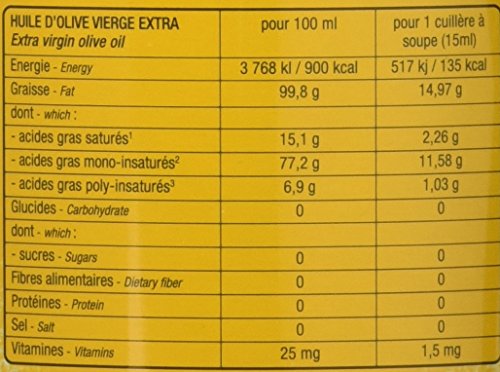Nicolas Alziari Extra Virgin Olive Oil 1L
Category: olivari oil

Littering is a significant environmental issue that affects communities and ecosystems worldwide. When individuals dispose of their trash inappropriately, it not only diminishes the beauty of our surroundings but also poses serious risks to wildlife and human health.
Many people may not realize that litter can take various forms: from food wrappers and plastic bottles to cigarette butts and broken glass. Each piece of litter contributes to a larger problem of pollution, harming wildlife that may ingest or become entangled in these materials. Moreover, litter can clog waterways, leading to flooding and further environmental complications.
The impact of littering extends beyond aesthetics. It can affect local economies, particularly in areas reliant on tourism. Visitors are less likely to frequent polluted or litter-strewn environments, which can lead to decreased income for businesses and municipalities. Additionally, cleaning up litter can strain community resources, requiring time and money that could be allocated to other vital services.
Education plays a crucial role in combating littering. By raising awareness about the dangers associated with littering, we can motivate individuals to take responsibility for their waste. Initiatives in schools and communities can emphasize the importance of proper disposal methods and the benefits of recycling and composting. These programs can instill a sense of stewardship in individuals, encouraging them to care for their environment.
Local governments and organizations also have a part to play in reducing litter. Implementing more waste bins at strategic locations can facilitate proper disposal. Furthermore, organizing community clean-up events can foster a sense of unity and responsibility within neighborhoods, directly involving citizens in the push against littering.
Legislation can serve as another tool to deter littering. Fines and penalties for littering offenses can act as a deterrent, motivating individuals to think twice before carelessly discarding their waste. Public campaigns that highlight these laws can also raise awareness and reduce instances of littering.
The role of technology in tackling littering should not be underestimated. Community apps and websites that promote environmental reporting can empower citizens to report littered areas, making it easier for local authorities to respond. Social media campaigns can also effectively reach a broad audience, inspiring collective action and advocacy.
Ultimately, the responsibility for litter control lies with each individual. Whether it’s picking up after oneself or encouraging others to do so, small actions can lead to significant changes. By changing our habits and fostering a culture of cleanliness, we can work towards a litter-free environment.
In conclusion, addressing the issue of littering requires a collaborative effort involving education, community engagement, and supportive policies. By working together, we can create cleaner, safer, and more attractive communities for everyone. Remember, every piece of waste that is responsibly disposed of contributes to a healthier planet and a brighter future for generations to come. Let’s take steps today to reduce litter and protect our environment for tomorrow.
product information:
| Attribute | Value | ||||
|---|---|---|---|---|---|
| is_discontinued_by_manufacturer | No | ||||
| product_dimensions | 3.54 x 3.54 x 8.27 inches; 2.27 Pounds | ||||
| best_sellers_rank | #43,165 in Grocery & Gourmet Food (See Top 100 in Grocery & Gourmet Food) #237 in Olive Oils | ||||
| customer_reviews |
|






















